Private equity
PEs exit Korean assets at average 2.5 times purchase price
Firms' profitable exits need an investment period of about 4.3 years, 2009-2023 data shows
By Jan 23, 2024 (Gmt+09:00)
3
Min read
Most Read
LG Chem to sell water filter business to Glenwood PE for $692 million


Kyobo Life poised to buy Japan’s SBI Group-owned savings bank


KT&G eyes overseas M&A after rejecting activist fund's offer


StockX in merger talks with Naver’s online reseller Kream


Mirae Asset to be named Korea Post’s core real estate fund operator


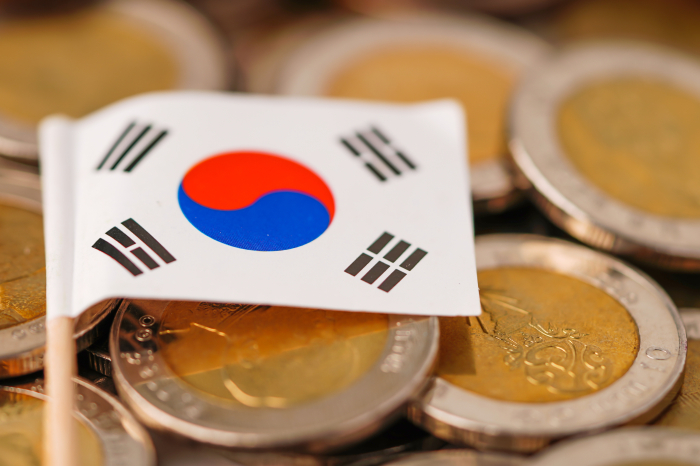
Global private equity firms, which recover their principal investment in South Korea, sell their assets for 2.5 times the purchase price on average, data showed on Monday. The PE houses take about 4.3 years for an exit, found Market Insight, the capital market news outlet of The Korea Economic Daily.
The data is based on 23 PE managers’ 149 exits made in Korea from the second half of 2009 to the end of 2023. Each of the deals includes equity investment of 100 billion won ($74.9 million) or greater.
The data analysis reflected each deal’s investment period and multiple on invested capital (MOIC), the total value of all shares in the fund divided by the initial investment.
Among the 149 exits, nine management buy-in deals brought more than five times the principal investment. North Asia-focused MBK Partners stands out with four exits with great returns, but it also has seven unrealized assets with longer investment periods than average, data showed.
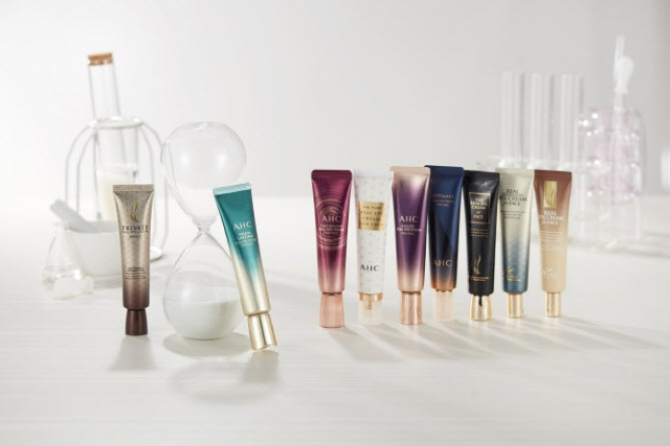
BAIN'S CARVER, THE BEST DEAL
The best deal was Bain Capital’s sales of cosmetics firm Carver Korea to British consumer goods brand Unilever PLC in 2017. Bain sold a 60.4% stake in Carver for 3 trillion won, more than seven times its purchase price in 2016.
Affinity Equity Partners sold a 61.4% stake in music streaming platform Kakao M, formerly Loen Entertainment, to Kakao Corp. for 1.5 trillion won in 2016. Affinity invested around 200 billion won for the majority stake in 2014.
Considering only the MOIC, the best two deals log 21.8 and 8.7 times the original purchase prices, respectively – Affirma Capital’s sales of waste treatment firm EMC Holdings for 1 trillion won in 2020 and H&Q’s divestment of recruitment portal JobKorea for 800 billion won in 2021.
But the Affirma and H&Q deals took 11 and 5.6 years, respectively, from the investment to exit.
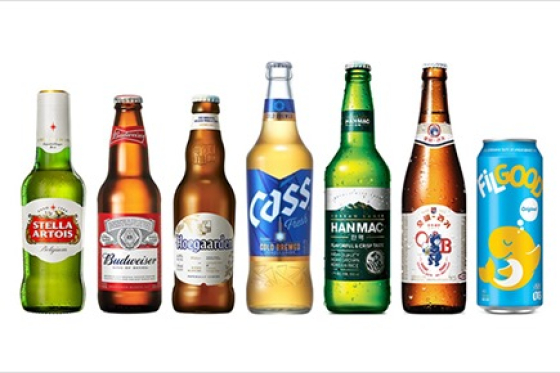
LARGEST GAIN
The sales of Oriental Brewery generated the largest gain as a single deal. Affinity and KKR & Co. acquired the beer maker from Belgium-based Anheuser-Busch InBev SA (AB) for $1.8 billion in 2009 and sold it back to AB for $5.8 billion in 2014.
MBK Partners was named for four deals out of the top 10 by gain. Its exits from Orange Life Insurance, Doosan Machine Tools, Daesung Industrial Gas and water purifier maker Coway realized a combined 7.2 trillion won gain.
Macquarie Korea Asset Management’s sales of security service provider SK Shieldus Co. to Sweden’s EQT Partners AB realized a 1 trillion won gain.
Unison Capital Korea’s divestment of dental image scanner maker Medit Corp. to MBK Partners brought a 953.8 billion won gain.
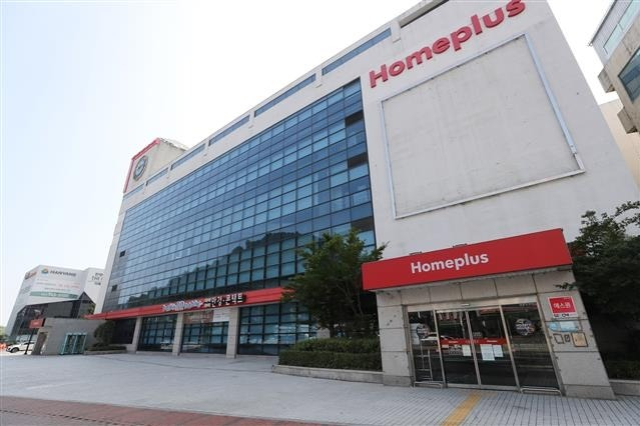
UNSOLD, MATURE ASSETS
Several major PE houses are struggling with exits from their Korean assets which remain in portfolios for longer investment periods than average.
Among MBK’s assets are cable network operator D’live, outdoor clothing firm Nepa and supermarket chain Homeplus. The Korean companies have remained in the portfolio for 15.8, 10.7 and 8.3 years, respectively.
Affinity is looking for an exit from Kyobo Life Insurance Co., which it invested in more than 11 years ago.
The PE firm has also held a stake in fast-food franchise Burger King’s Korean operation and plastic container maker Lock&Lock Co. for about eight and six years, respectively.
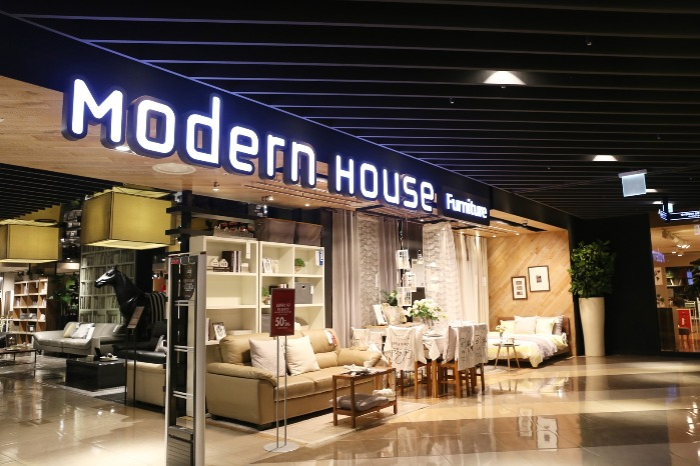
POSSIBLE SALES IN 2024
Market watchers expect that there will be many deals in the Korean private market this year as 49 domestic assets reach the fourth year of investment, the most active time for exits.
Some investors are looking for opportunities to divest of their assets that have been mature for more than five years.
MBK is seeking exits from credit card firm Lotte Card Co., home decoration firm Modern House and fried chicken brand BHC Group, market insiders say.
VIG Partners is aiming to divest of Youyoung Industries, a sneakers material supplier to Nike, and Affinity is planning to sell Burger King’s local operations and Lock&Lock this year, they say.
US investment manager TPG Inc. is slated to put Nox Corp., a luxury tile manufacturer, on sale this year. STIC Investments expects to sell Juvis Diet, a weight-loss consulting chain, according to market insiders.
Write to Jun-Ho Cha at chacha@hankyung.com
Jihyun Kim edited this article.
More to Read
-
 Leadership & ManagementHankook vows to prevent hostile bids after MBK tender offer fails
Leadership & ManagementHankook vows to prevent hostile bids after MBK tender offer failsDec 26, 2023 (Gmt+09:00)
2 Min read -
 Private equitySupreme Court affirms Affinity, GIC's exit value on Kyobo Life
Private equitySupreme Court affirms Affinity, GIC's exit value on Kyobo LifeNov 29, 2023 (Gmt+09:00)
2 Min read -
 Mergers & AcquisitionsBlackstone seeks medicine distributor sale for 1st Korea exit
Mergers & AcquisitionsBlackstone seeks medicine distributor sale for 1st Korea exitJul 05, 2023 (Gmt+09:00)
3 Min read -
 Debt financingAffinity refinances $130 mn debt as Burger King sale delayed
Debt financingAffinity refinances $130 mn debt as Burger King sale delayedFeb 24, 2023 (Gmt+09:00)
2 Min read -

Comment 0
LOG IN


